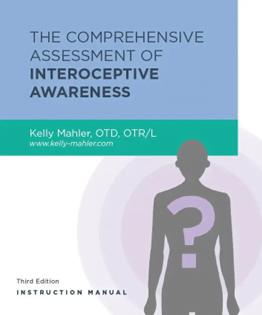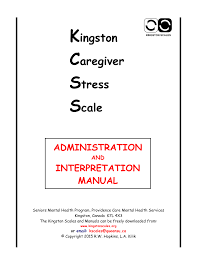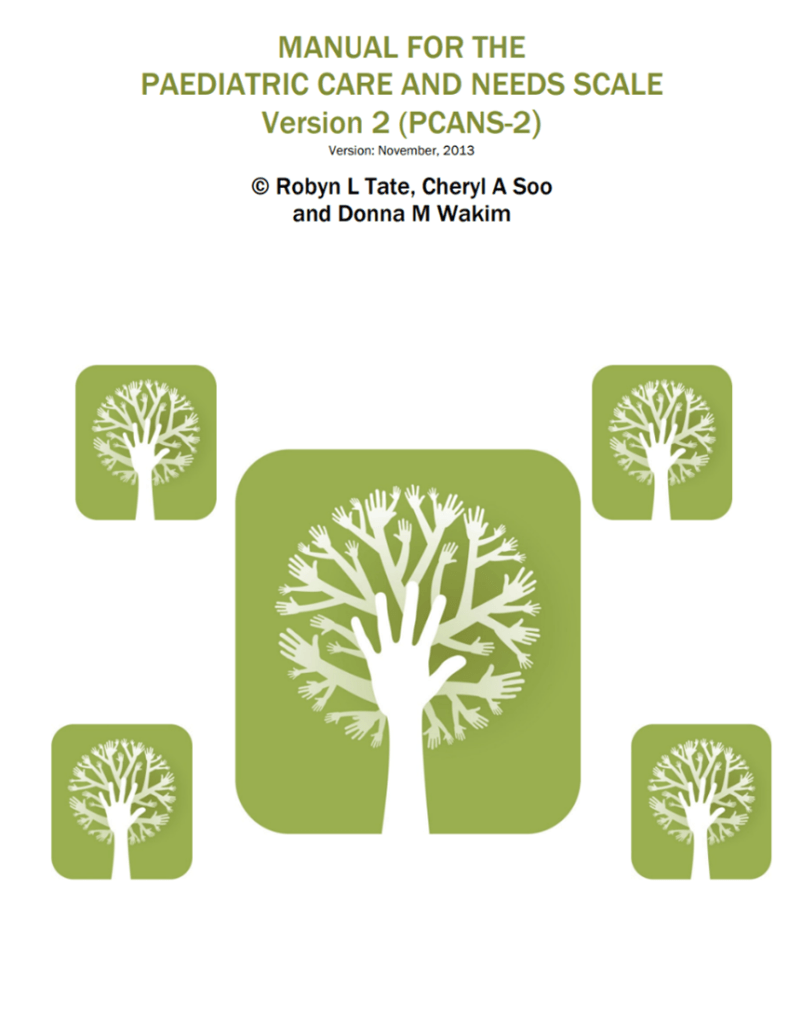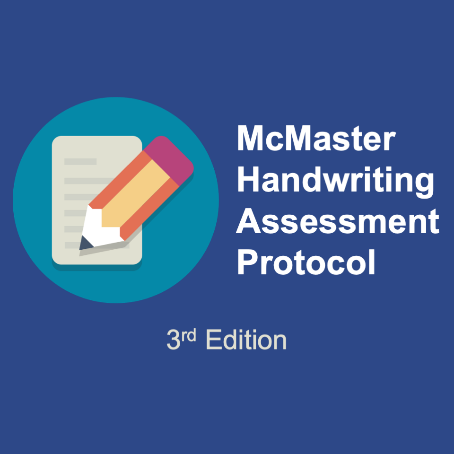Occupational Therapy
Occupational therapy involves assessment and individualised intervention to develop, recover, or maintain meaningful activities or occupations, of individuals.
We currently have availability for Adults and Teenagers and Functional Capacity Assessments.
THE NATURE, PURPOSE AND BENEFIT OF AN OCCUPATIONAL THERAPIST
Alongside evidenced-based assessments, clinical interviews and observations an Occupational Therapists provides information regarding an individuals strengths and barriers to undertake everyday tasks. This assists individuals, parents, schools and other professionals understanding to aid the individual to flourish at home, school or at work.
Connections WA focus on supporting wellbeing across the lifespan, including psychosocial, cognitive and emotional needs.
Our occupational therapists, Maddy and Kelsey are neurodiversity affirming therapists who take holistic consideration of a person’s life, development and environment, to identify and remove barriers that impact a person’s participation in the community.
Immediate availability for functional capacity assessments including psychosocial and support independent living (SIL).
Servicing the southern metropolitan area of Perth including Port Kennedy and Rockingham.
Assessments
Connections WA has vast experience across our multidisciplinary team to deliver a collaborative approach of working with young people, parents and schools. Our Occupational Therapists are able to offer the following:

Sensory Profile 2
Sensory Integration including

Vinelands Adaptive Behaviour Scale 3rd Edition

Primitive Reflex Retention
Assessment
Camouflaging Autistic Traits Questionnaire CAT-5
Difficulties in Emotional Regulation Scale
Multidimensional Assessment of Interoceptive Awareness (MAIA-Y)

The Comprehensive Assessment of Interoceptive Awareness

Kingston Caregiver Stress Scale (KCSS)

Paediatric Care And Needs Scale Version 2 (PCANS-2)

ASSESSMENTS
If additional sessions are needed, additional costs apply. See assessment fee schedule.
Sensory Profile 2
Sensory processing patterns come in a range of forms, and can make living in a world full of constant movement, noise, and changes in environment a very challenging place to flourish. A walk through a busy shopping center could be triggering for someone who processes the environment as an overwhelming dose of chaos.
Our sensory assessments help you to discover new ways to recognise external and internal triggers and identify strategies to overcome them.The Sensory Profile™ 2 is a standardised, strengths-based approach of assessment to help evaluate a person's sensory processing patterns in the context of everyday life. These questionnaires, which caregivers, students and teachers can complete, can help us determine how sensory processing may be contributing to or interfering with a person’s emotional regulation and participation in activities at home, school, study, or work.
Our personalised report covers the 9 senses
Taste/Oral processing
Smell processing
Movement processing (vestibulation and proprioception)
Visual processing
Touch processing
Auditory processing
Sense of safety
This helps us work together to develop client awareness and effective everyday remediation strategies to optimise the desired sensory environment.
Who is this for?
Applicable for people of all ages from infants to adolescents and adults with or without a diagnosed disability or mental health condition.
Child forms are completed by caregivers and teachers, who are in the strongest position to observe the child’s response to sensory interactions that occur throughout the day.
- Infant Sensory Profile: Caregivers complete this form for babies from Birth–6 months.
- Toddler Sensory Profile: Caregivers complete this form for toddlers aged 7–35 months.
- Child Sensory Profile: Caregivers complete this form for children aged 3–14 years.
- School Companion Sensory Profile: Teachers complete this form for their students aged 3–14 years.
- The Adolescent/Adult Sensory Profile: enables clients to evaluate themselves through the use of a Self-Questionnaire.
STEPS OF THE Sensory ASSESSMENT PROCESS
Consultation Meeting
Meeting with primary caregivers and or adult client to undertake a structured clinical interview. Please bring relevant reports and any other assessments and/or referrals or email them to use prior to your appointment.
Assessments
Meeting the ‘client’ to commence informal sensory observations Completion of the Sensor Profile Assessment may be done online or in person with the primary caregiver or adult client. Depending on the scenario, further observations may take place at home or at school
Written report
The Occupational Therapist will Interpret the data and findings to develop a report specific to the person (usually 2-3 weeks).
Feedback meeting
Meeting with the person or primary caregiver to present the report and discuss the findings and recommendations. Any adjustments are made and then the final report is provided. This includes 30-minute telephone/teams meeting with the school.
REQUEST TO VISIT SCHOOL OR HOME FOR ADDITIONAL CONSULTATION
Parents may request a school meeting, case conferences or meeting in the home. This is based upon an hourly rate plus travel time.
Functional Capacity Assessment
We provide Functional Capacity Assessments (FCA), which can be used to identify and document funding needs for NDIS plans. These are comprehensive assessments which analyses what the person can do themselves and what they need assistance with in areas of self-care, general day to day activities in and around the home, participation in school/study/work and in the community. We also gather information on medical treatment and history, living arrangements, communication skills, environmental evaluation, recreational and work/educational activities and more. By using observation, interview, standardised assessments and involving other stakeholders; we are able to offer a comprehensive overview of the person's needs.
We specialise in assessment for the following needs
- Psychological needs
- Cognitive functioning
- Emotional regulation
- Social needs
- Sensory needs
- Family and caregiver needs
Our detailed reports include recommendations to identify and overcome limitations & strategies to increase your independence. We can also recommend supports necessary to meet current and future needs, including suggested services and hours for NDIS.
STEPS OF THE functional capacity ASSESSMENT PROCESS
Consultation Meeting
Meeting with the person or primary caregiver to undertake a structured clinical interview which will gather basic information about the person’s routine Please bring relevant reports and any other assessments and/or referrals.
Assessments
Meeting the person to complete informal observations and assessments in the clinic setting The occupational therapist will then arrange to observe the person in all of their relevant environments, such as home, school or in the community
Written report
The Senior Occupational Therapist will Interpret the data and findings to develop a report specific to the person (usually 4 weeks). Open dialogue and consultation is ongoing throughout this process to ensure the report is as accurate as possible
Feedback meeting
Meeting with the person or primary caregiver to present the report and discuss the findings and recommendations. Any adjustments are made and then the final report is provided to key stakeholders and NDIS.
Preparing the young person for the assessment
Ensure your son or daughter is well-rested the day before and has a good sleep the night before and breakfast on the day of the assessments.
Explain they will be attending an appointment to do some puzzles and games. Please bring a water bottle and a snack.
If your son or daughter wears glasses or a hearing aid, please make sure they have them on the day and wear comfortable clothes.
